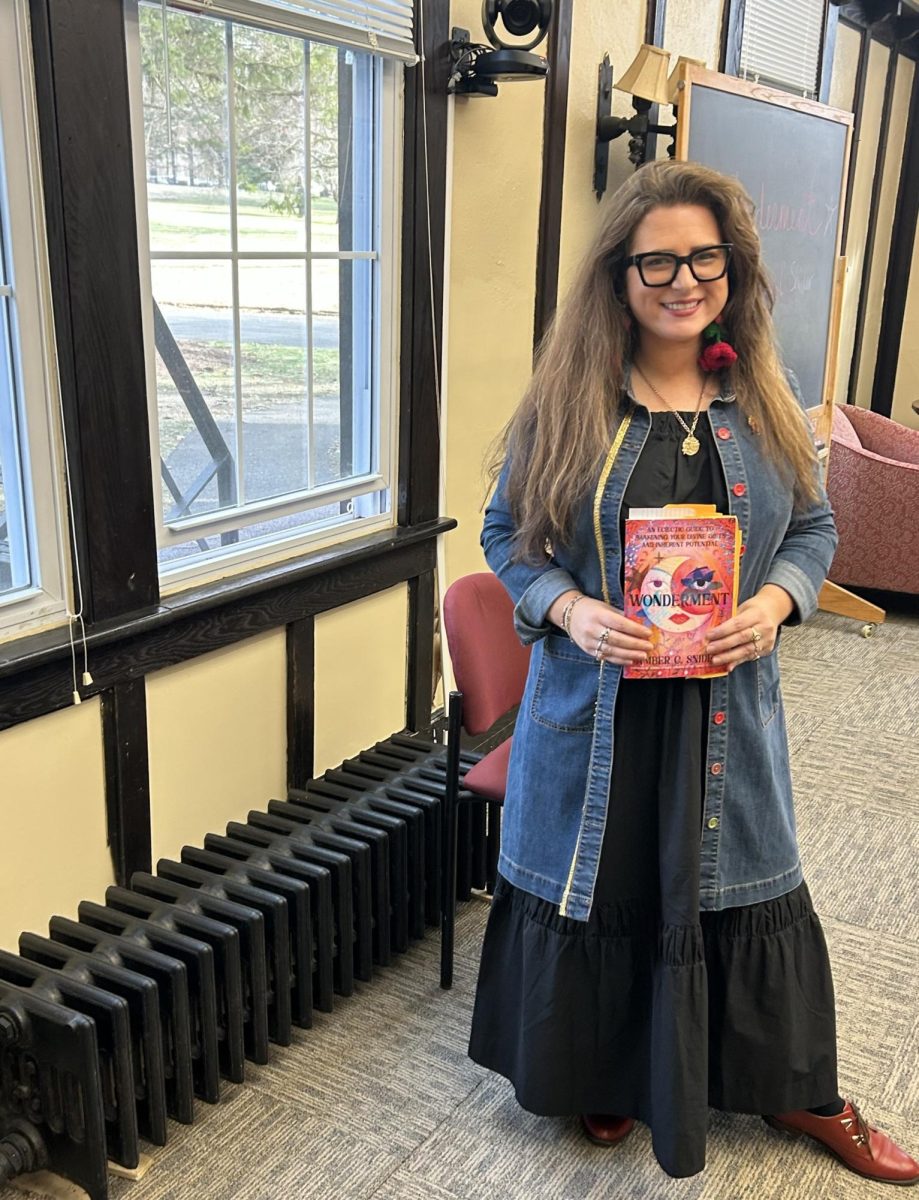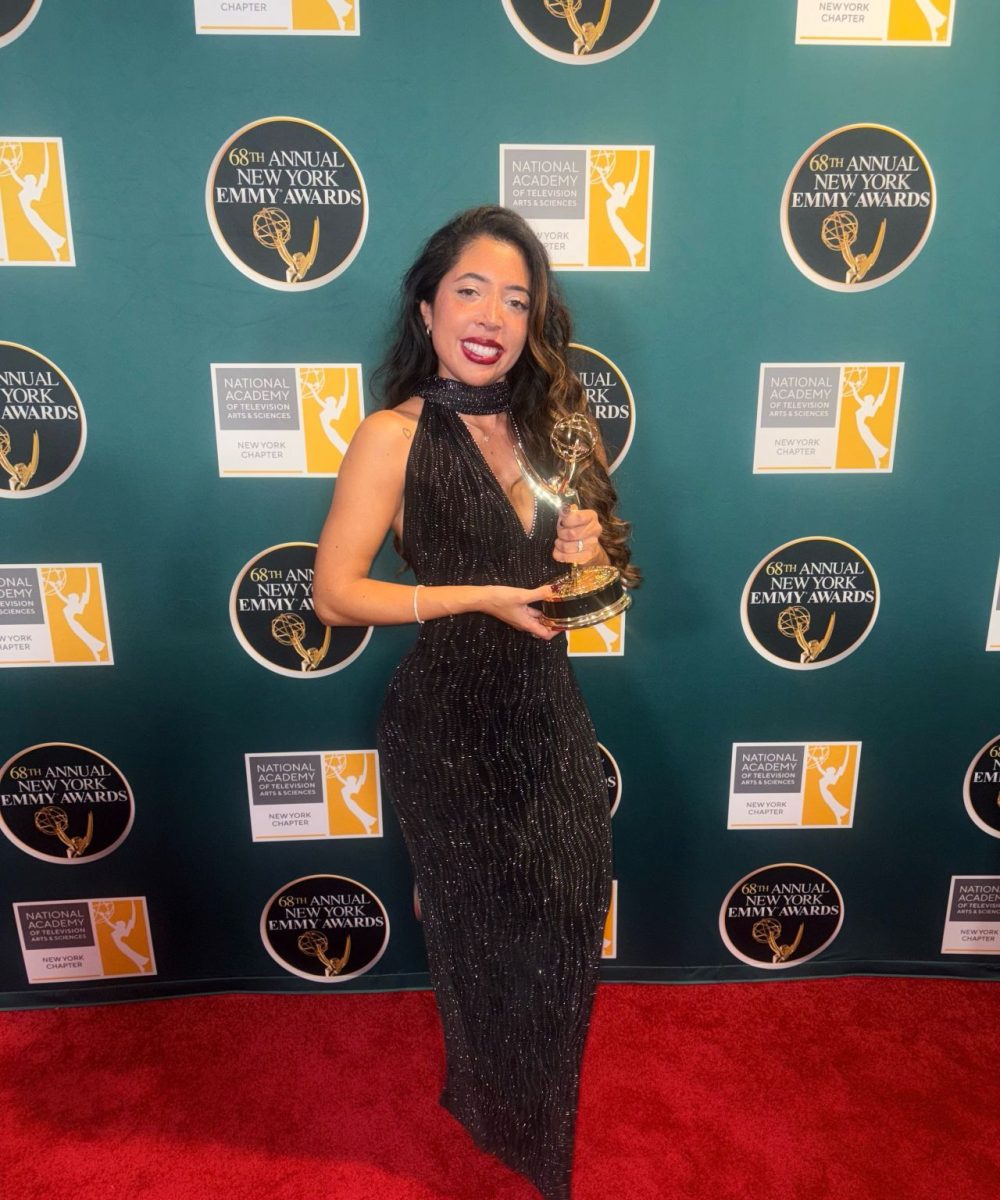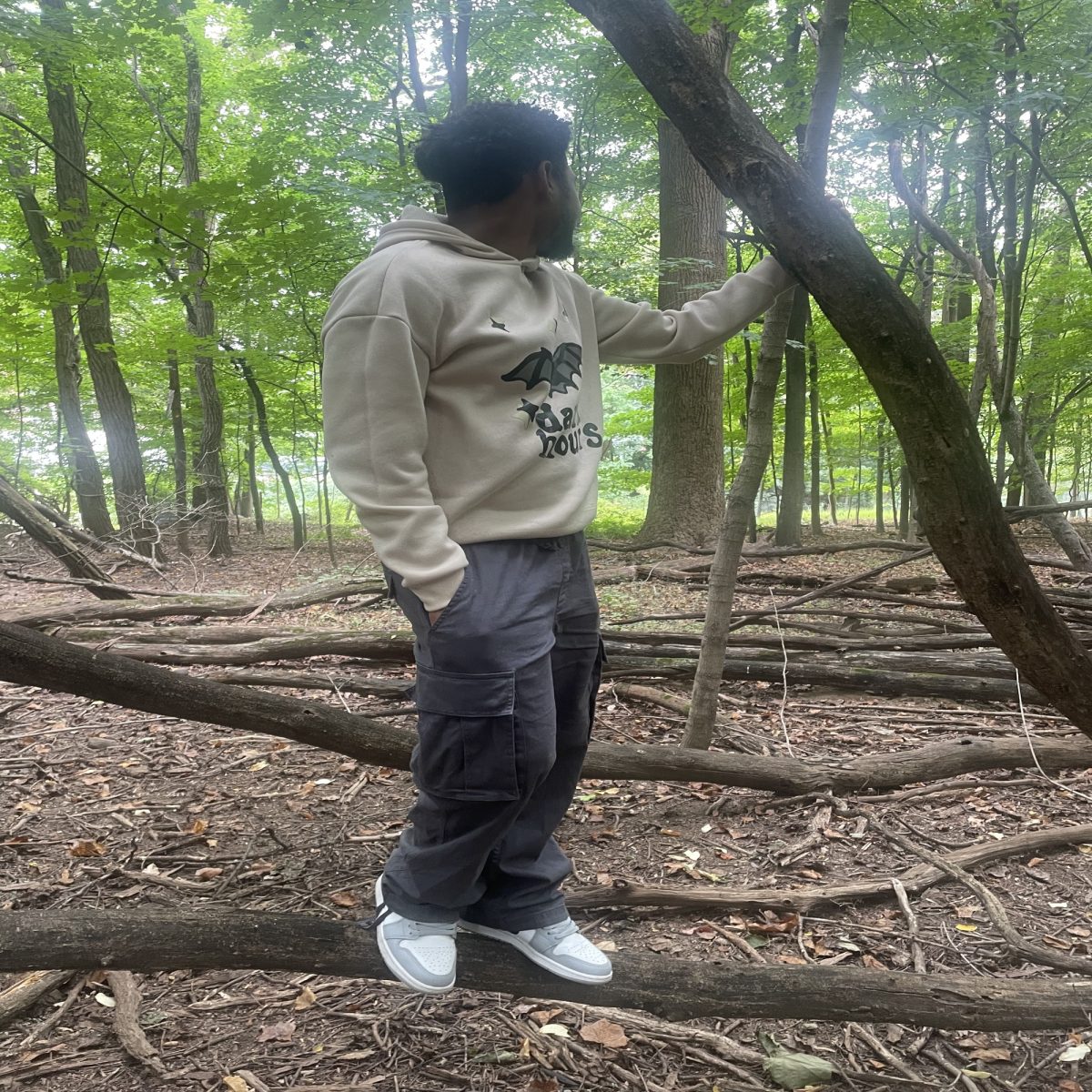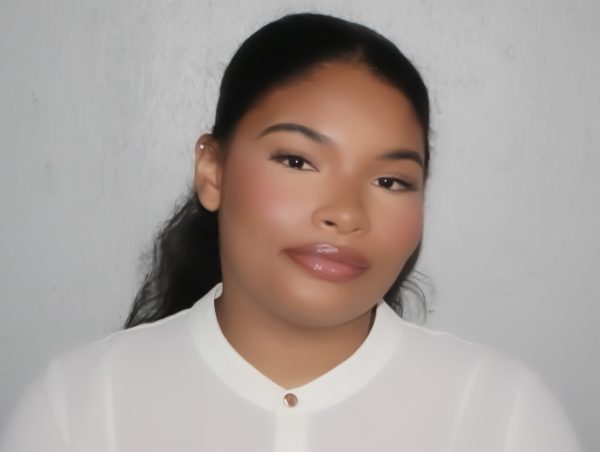“Storytelling is an act of not only remembering but putting things back together again,” said author and journalist Amber Snider to the mesmerized crowd at Maher Hall.
Mercy University welcomed Snider for a talk on myth, storytelling, and creativity on March 20. Students gathered to hear her thoughts on how stories shape how we see the world and how tapping into creativity can be a powerful tool for self-discovery.
From the start, Snider clarified that storytelling isn’t just about entertainment. It’s a way of understanding life itself.
She explained that myths, in particular, have been passed down for centuries because they hold deep meaning about human nature.
Reading an excerpt from her book Wonderment, Snider emphasized the importance of myths in different fields.
“The magic ring of myth gives rise to new ideas in virtually every field – science, philosophy – through art,” she read.
She encouraged students to think about how ancient stories still influence the world today, from movies and books to personal beliefs.
One of the key points of her talk was that everyone is creative in some way, even if they don’t realize it.
Snider posed the question: “Is creativity a learned skill or is it a myth? Is it something that resides deep within us, or does it come from outside of us?”
Her answer?
“To be human is to be creative. Existence itself is a creative act.”
She explained that creativity isn’t just about making art. It’s about solving problems, expressing emotions, and connecting with others.
To prove this, she led students through a free writing exercise. The rule was simple: write without stopping or second-guessing. The goal was to let ideas flow naturally instead of overthinking. Many students were surprised at what they came up with.
Snider spoke about intuition and consciousness, two concepts she believes go hand in hand with creativity. She described intuition as an inner knowing everyone has, whether they recognize it or not.
“That is your psychic ability. That is your intuition,” she said. “The question is: How do you listen to it? How do you tune into it? How do you tap into it?”
She explained that people often ignore their intuition because they don’t trust themselves enough. But in her view, learning to listen to that inner voice can lead to better decisions and more potent creativity.
Snider shared her personal journey, opening up about her struggles as a first-generation college student. She spoke about the challenges of balancing work and school, paying for her education, and finding her way as a writer.
“Every day was a hustle – work and school. I had to take care of myself financially while navigating my education,” she said.
Many students related to her experience, as they also juggle responsibilities while pursuing their degrees.
She talked about her late mentor, Dr. Miller, who was her first philosophy professor and a major influence in her life.
“He was my mentor, my first philosophy professor, and one of my best friends for 17 years,” she said. She credited him with helping her develop her love for writing and philosophy.
One piece of advice he gave her stuck with her over the years: “The notebook is a means to channel something higher. Something hidden. Something embedded within.”
She encouraged students to write down their thoughts, ideas, and dreams, not just for academics but also for themselves.
Instead of ending with a simple Q&A, Snider had the students participate in a reflection activity. She handed out small pieces of paper and asked them to write down their hopes and intentions for the new month. Then, she passed around incense and had everyone wave their paper through the smoke, a ritual meant to symbolize clearing away negativity and setting fresh goals.
The room filled with the scent of incense as students silently focused on their wishes. It was a moment of peace and reflection, not usually seen at a book reading.
Her visit left many students thinking about their creativity, their personal stories, and the power of intuition. Some walked away feeling inspired to write more, while others felt a little more connected to themselves.
Snider gave one last piece of advice: stay open to new experiences.
“Rather than buy any luxuries for yourself, find ways to travel. There are ways to do it on the cheap. Do your research. And most importantly, be open. The universe is always talking to you.”
Amber C. Snider’s book, Wonderment: An Eclectic Guide to Awakening Your Divine Gifts and Inherent Potential, is available everywhere books are sold. She can be found on the web at AmberCSnider.com.










